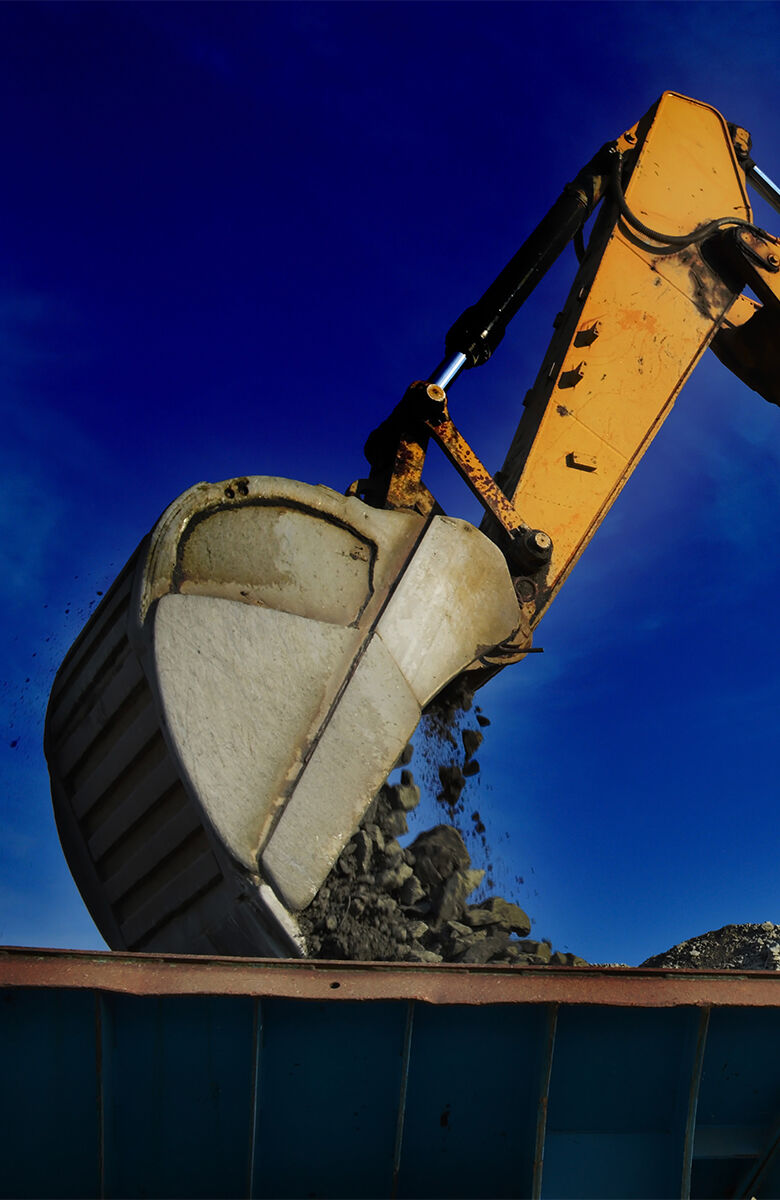M & A
Reverse Takeovers
A reverse takeover (RTO) is broadly defined as an acquisition (or series of acquisitions) of assets by a listed issuer which in the opinion of the Hong Kong Stock Exchange (HKEX) attempts to achieve a listing of the acquired assets while circumventing the HKEX Listing Rules requirements for a new listing applicant.
Historically, reverse takeovers have been used in situations where speed and certainty of outcome are more desirable than potentially larger gains. The fact that no significant regulatory review was required (and there was no prospectus requirement) meant that the timeframe for completion of an RTO was considerably shorter than that for an IPO. In addition, RTOs are not subject to the vagaries of the market, as is an IPO, and the new owners of the listed company will generally suffer less share dilution and thus have greater control. Costs can also be saved due to the lack of an underwriter. It will be much easier for the company acquiring the listed company to raise capital, as investors will have a clearly defined exit strategy through the public market. Some of the drawbacks to RTOs are that their speed and eventual value are sometimes overestimated, and they are sometimes completed without enough regard for the uninvolved shareholders.
In many countries around the world RTOs still offer an alternative route to listing status, although countries have tightened the regulations around RTOs, for example the United States (U.S.), China and Hong Kong, following a number of accounting scandals involving Chinese companies that listed by this route. In the U.S. and Canada, reverse takeovers had been encouraged in the past, especially for small and micro-cap companies who were unlikely to be able to afford the underwriter necessary for an IPO. In the U.S., for example, it is possible to trade shares in listed shells – the investment objective being presumably to achieve a gain when there is an RTO of the shell. However, problems can arise when RTOs are under-regulated. Singapore had several high-profile reverse takeovers fall through due to concerns over profit guarantees, leading to the Singapore Stock Exchange publishing additional prescriptions for prospective RTOs including a minimum issue price for reverse takeovers and new requirements for the listed company and its financial adviser in assessing acquisitions involving profit guarantees.
In Hong Kong, concerns relating to share price volatility of shell companies have led to increasingly stringent regulation of reverse takeovers and the regulators’ preferred route is that assets are listed by way of IPO and/or that general offers are made when control of a company changes, although there are various exemptions available.
Read our latest News
Mosaic to sell Brazilian phosphate mine in $125 million deal
NATURAL RESOURCES News On January 13, 2025, US fertilizer giant Mosaic (NYSE: MOS) announced the sale of its phosphate mine and tailings dams in Patos de Minas, Brazil, to Fosfatados Centro for $125 million, payable over six years....
Mali to get $1.2bn from miners after talks
NATURAL RESOURCES News On 13 January 2025, Mali is set to receive 750 billion CFA francs ($1.2 billion) from miners in the first quarter of 2025, following an overhaul of its mining sector. This follows a December payment of 500...
Friedland considers floating African iron ore company on ASX
NATURAL RESOURCES News On 12 November. 2024 mining tycoon Robert Friedland is reportedly planning to list his iron ore company, Ivanhoe Atlantic, on the Australian Securities Exchange (ASX) by mid-2024. The IPO aims to raise capital...
Coeur Mining to acquire Canada-based SilverCrest for $1.7bn
NATURAL RESOURCES News On 12th October 2024, US-based Coeur Mining announced its agreement to acquire Canadian firm SilverCrest Metals for approximately $1.7 billion, creating a leading global silver company amid rising demand for...
Zambia plans state firm to own 30% of critical minerals mines
NATURAL RESOURCES News On 12 September, 2024 in a strategic move to enhance the country's benefits from its critical mineral resources, Zambia has unveiled plans to establish a state-owned firm that will hold a 30% stake in all new...
First Quantum starts up Zambia nickel mine, enters standstill deal with Jiangxi
NATURAL RESOURCES News On 23 August, 2024 TSX listed First Quantum Minerals announced that it has achieved commercial production at its Enterprise nickel mine in Zambia, set to become Africa's biggest nickel operation. This...







